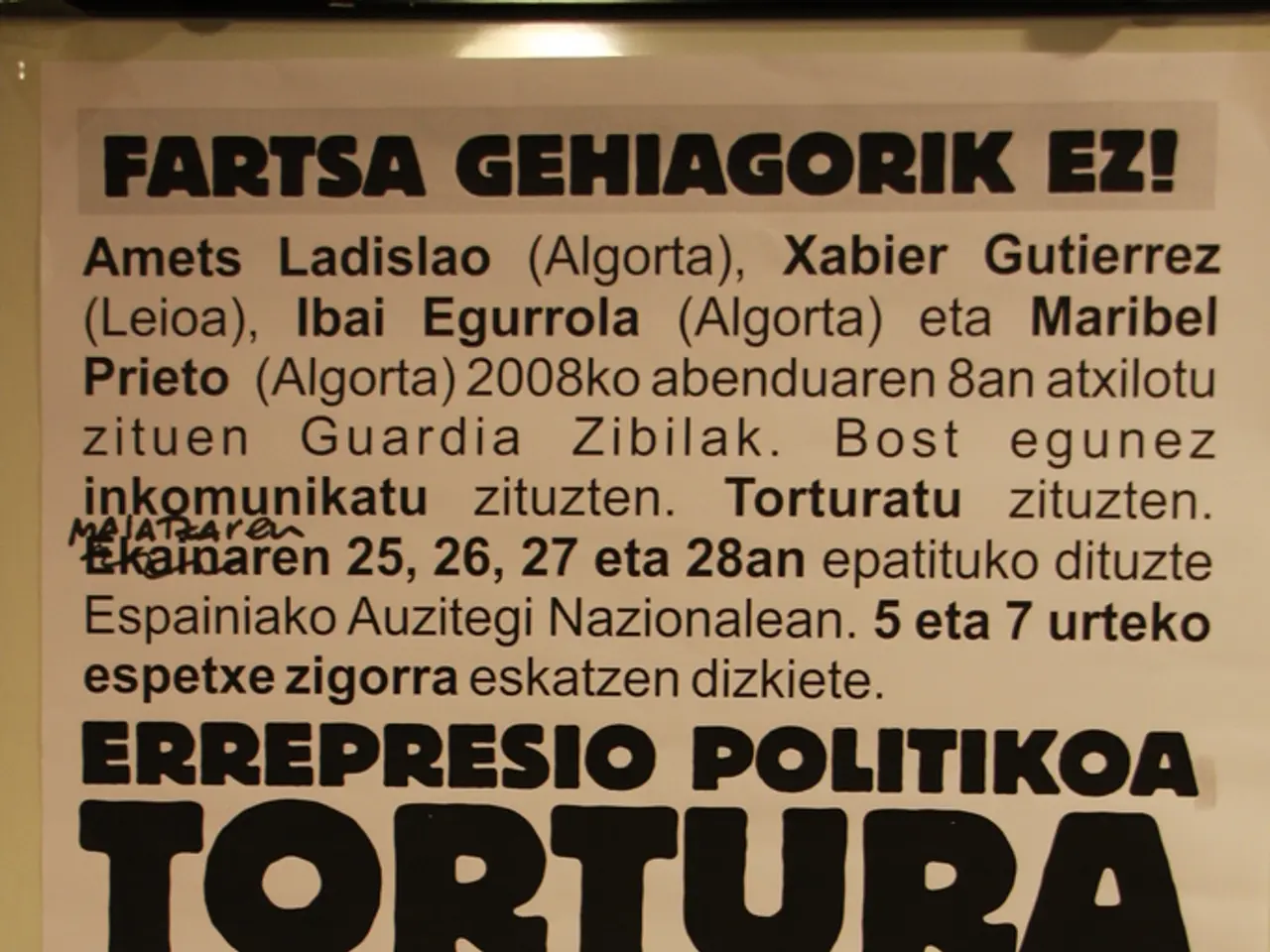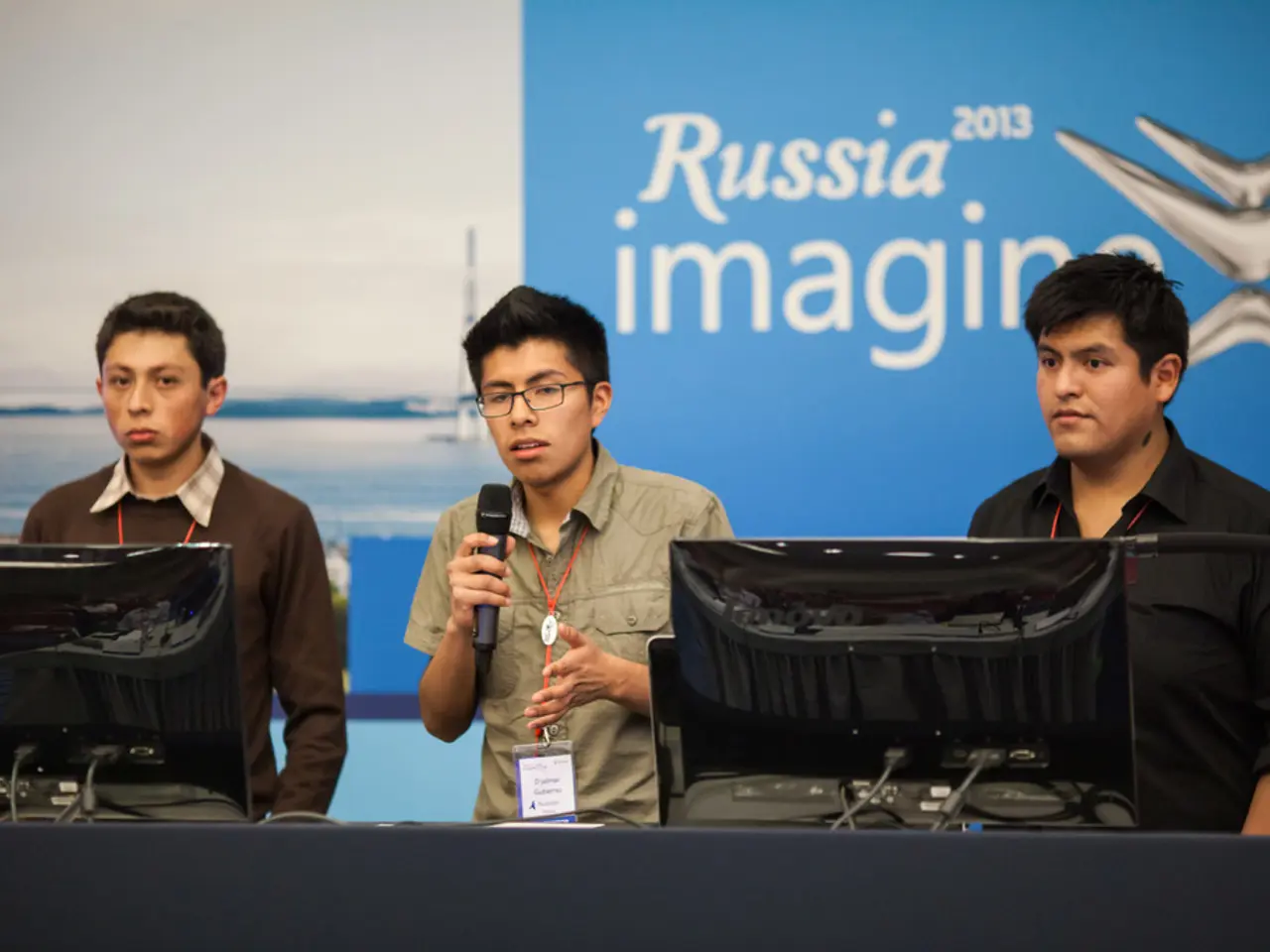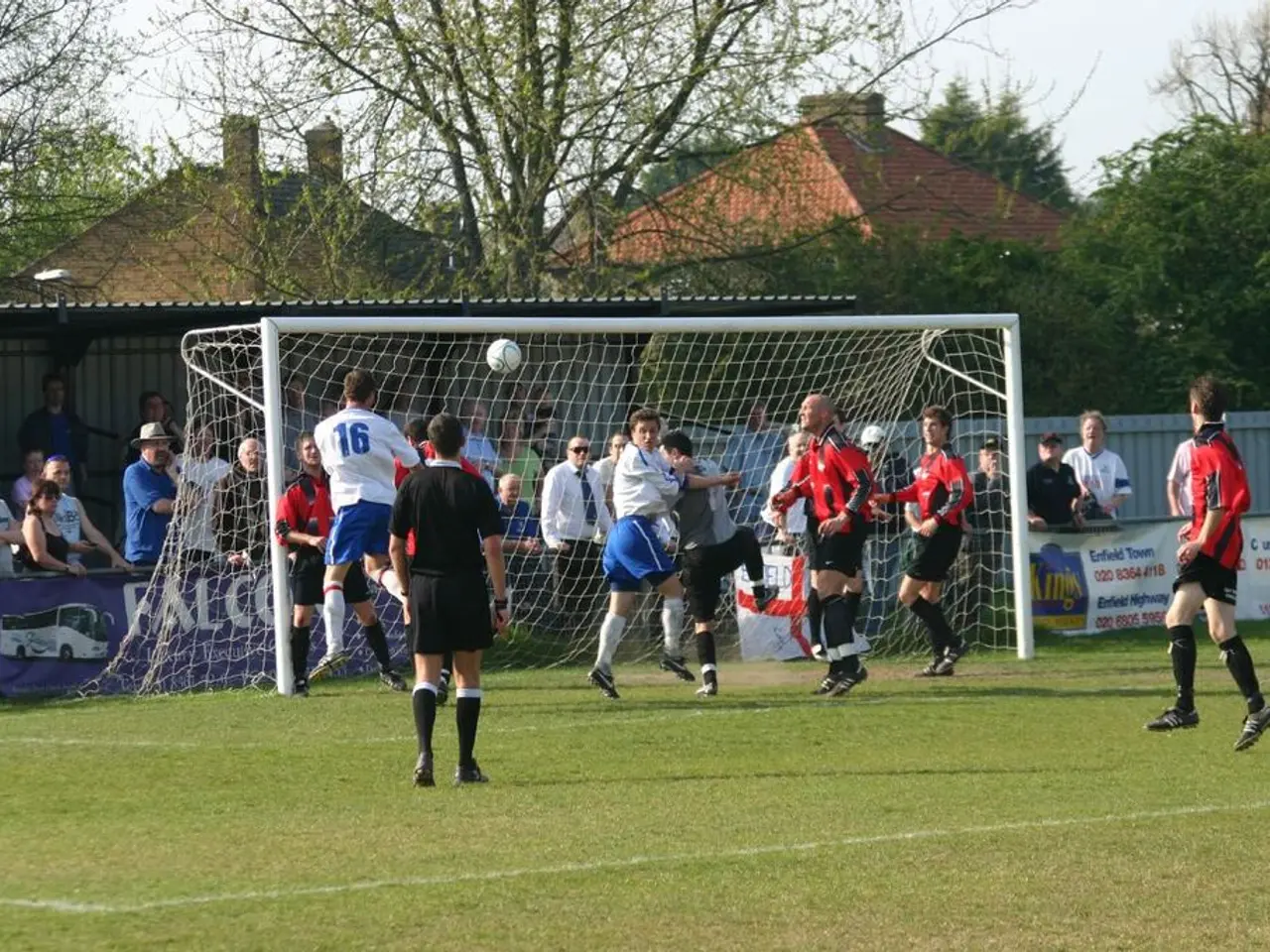Migrants affiliated with CECOT organization in Venezuela cleared of links to 'Tren de Aragua' gang association
In a shocking revelation, an investigation by ProPublica and the Texas Tribune has exposed that the claims of gang affiliation for many of the 252 Venezuelan migrants expelled from the U.S. in 2025 were based on unreliable and flimsy indicators, such as tattoos and superficial social media connections.
Following the imposition of severe US sanctions in 2017, many working-class Venezuelans have migrated to the US, undertaking an arduous journey on foot across seven countries. However, in March 2025, the Donald Trump administration invoked the 1798 Alien Enemies Act to expel the 252 Venezuelan men without due process.
The investigation found that most of the 252 men had no criminal record in Venezuela or the US. An ICE official acknowledged that many of these men had no criminal records. Furthermore, at least 197 of the men had not been convicted of crimes in the US, while 118 were removed from the US while in the middle of immigration proceedings.
One example of the misuse of indicators is the case of Andry Hernandez Romero, a gay makeup artist and asylum seeker, who was labeled a member of the Venezuelan gang Tren de Aragua solely because of tattoos that had crowns above the words “Mom” and “Dad.” DHS agents interpreted the crown tattoos as gang symbols because some gang members had crown tattoos, but in his case, they honored a local cultural festival unrelated to criminal activity.
A federal judge noted “significant evidence” that many detainees had no connection to the gang and were imprisoned abroad on “flimsy, even frivolous accusations.” Amnesty International also criticized the expulsions, highlighting that Venezuelans were labeled as gang members based on tattoos or alleged ties to the state of Aragua without other evidence, leading to arbitrary detention and possible human rights violations.
The repatriation of the 252 Venezuelan migrants followed direct negotiations between Caracas and Washington, which included the release of 10 US nationals and residents held in Venezuela. On August 6, 2025, Venezuelan Interior Minister Diosdado Cabello confirmed that out of 252 repatriated migrants, only 20 had criminal records, with just seven involved in serious crimes.
The Trump administration has labeled Venezuelan migrants as "criminals" in order to speed up deportations, a move that has been heavily criticized by human rights organizations. The case of León Rengel, a 27-year-old Venezuelan who filed an administrative complaint against the US Department of Homeland Security (DHS), accusing US federal agents of wrongly labeling him a gang member and deporting him to a prison in a third country without due process, serves as a stark reminder of the consequences of such labeling.
Rengel is seeking $1.3 million in damages, citing "physical, verbal and psychological abuse" suffered during his four months of wrongful detention at CECOT. The young Venezuelan entered the United States in June 2023 via the CBP One app, with an appointment scheduled before an immigration judge in 2028.
The investigation by ProPublica and the Texas Tribune detailed how the U.S. government officials relied on superficial and unreliable indicators like tattoos and social media profiles to justify deportations, casting serious doubt on the accuracy of gang affiliation claims for those expelled. The case of the 252 Venezuelan migrants serves as a stark reminder of the need for due process and the potential consequences of relying on flimsy evidence in immigration proceedings.
- The misuse of superficial indicators like tattoos and social media profiles in immigration proceedings, as seen in the case of the 252 Venezuelan migrants expelled in 2025, raises questions about the political validity and general-news implications of such practices.
- The general-news and crime-and-justice implications are evident in the Trump administration's labeling of Venezuelan migrants as "criminals" to expedite deportations, potentially leading to human rights violations and the need for due process.






